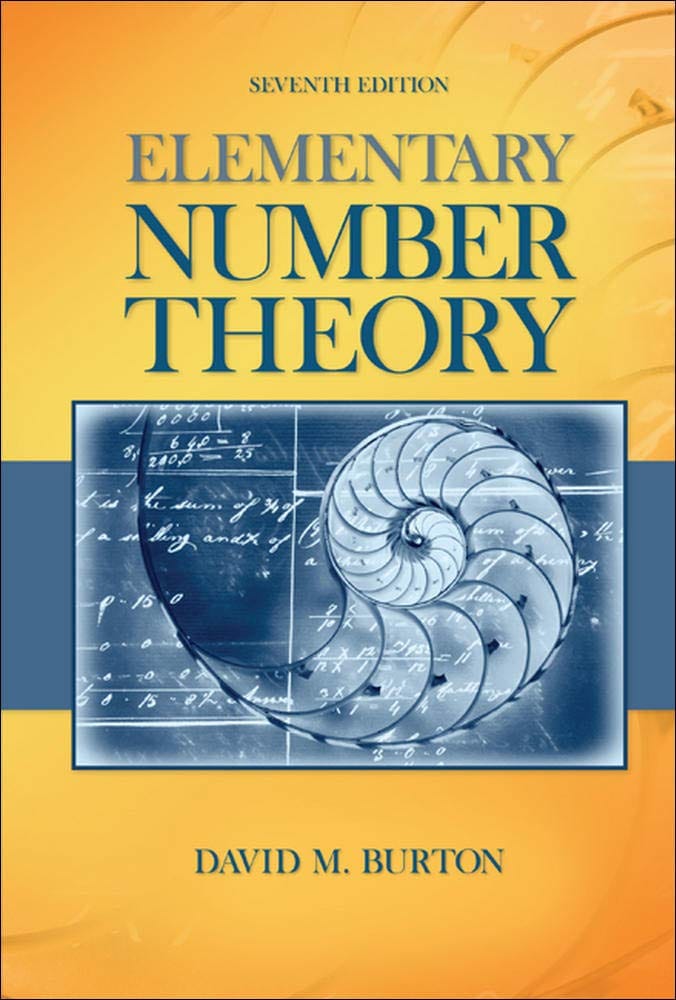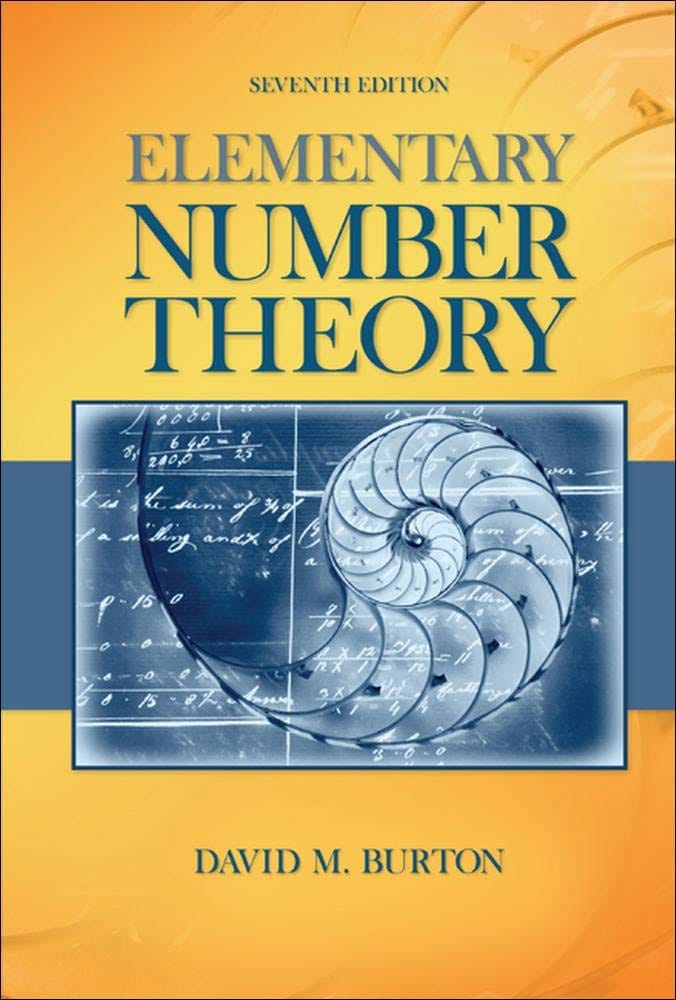
Elementary Number Theory Problems 4.2 Solution (David M. Burton's 7th Edition) - Q17
My Solution for "Prove that whenever $ab \equiv cd \pmod {n}$ and $b \equiv d \pmod {n}$, with $gcd(b, n) = 1$, then $a \equiv c \pmod {n}$."
Table of Contents
Background
All theorems, corollaries, and definitions listed in the book's order:

I will only use theorems or facts that are proved before this question. So, you will not see that I quote theorems or facts from the later chapters.
Question
Prove that whenever $ab \equiv cd \pmod {n}$ and $b \equiv d \pmod {n}$, with $gcd(b, n) = 1$, then $a \equiv c \pmod {n}$.
Solution
As $ab \equiv cd \pmod {n}$ and $b \equiv d \pmod {n}$, we have $ab \equiv cb \pmod {n}$. Since $gcd(b, n) = 1$, from Corollary 1 of Theorem 4.3, $a \equiv c \pmod {n}$.
Read More: All My Solutions for This Book
Related Pages
Ranblog Newsletter
Join the newsletter to receive the latest updates in your inbox.


